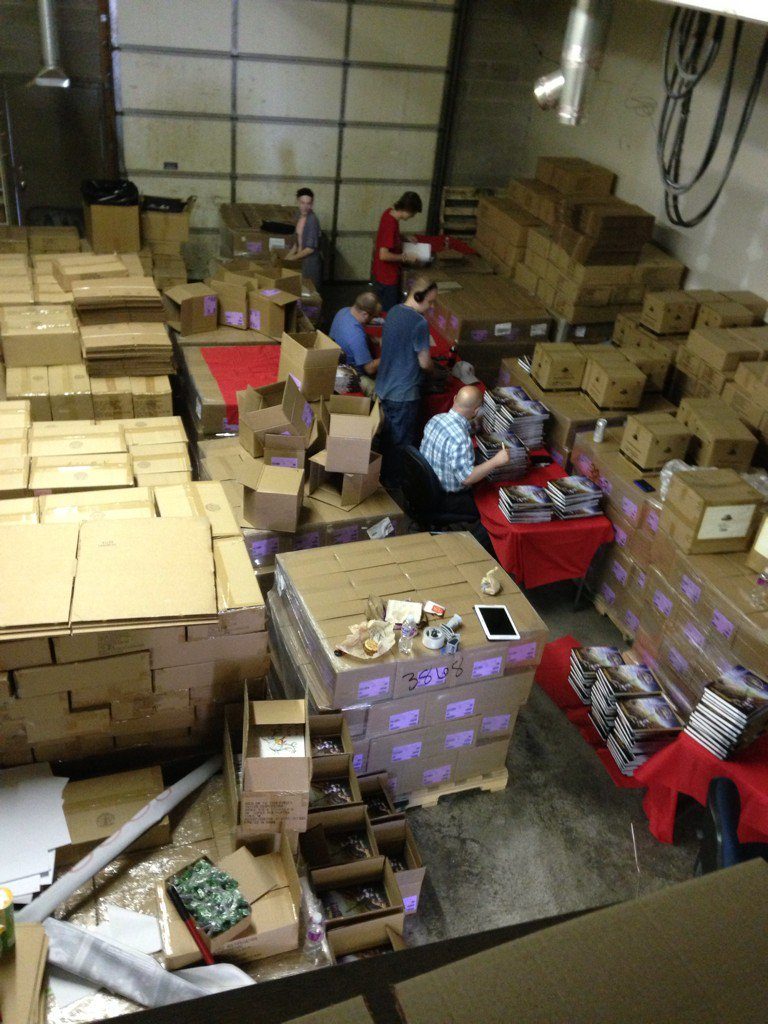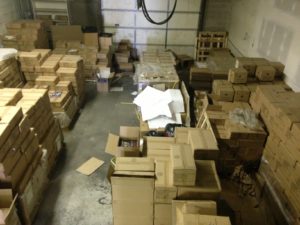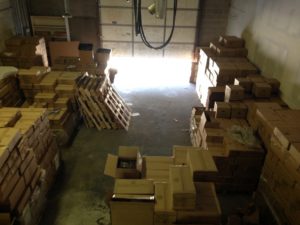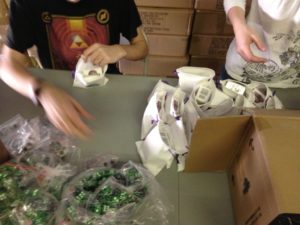Life is Made of Minutiae
It has been a full week since I last had enough space to think writer thoughts. Shipping has consumed most of my hours for the past three weeks. There is one week more before I switch over into travel mode. In between shipping, I’ve had two doctor’s appointments and one medical test in the past week. Swallowing is harder for me than it should be. This is probably an after effect of radiation therapy I had twenty years ago. The difficulty was minimal and static for decades, so I adapted. It has felt a little worse lately, hence seeing my primary care doctor, an ENT, and going in for a fun test where I swallow barium sludge so they can x-ray while it goes down. Yesterday was a more specific test where they will ruin food by mixing it with barium and then took x-rays while I chewed and attempted to swallow. The most sadly terrible one was the oreo cookie with barium filling. I walked out of the test with a diagnosis of “dismotility of the swallow mechanism” some instructions for eating carefully and a referral to a speech therapist who will give me a set of exercises designed to strengthen throat muscles.
This is one way where life is not like fiction. Fiction is organized with narratives unfolding neatly, usually in chronological order. Plots and sub plots are clearly delineated. Life muddles everything together, tangled and overlapping. Pretty much everyone I know is caught up in a web of things that keep them busy, things they need to get out of the way so they can do other things that they want to do. I have to remind myself that the tangle is my life. This July my life is about shipping, swallowing, hauling my kids to work in the warehouse, watching them work, and preparations for my upcoming trip. It is also about fixing food, taking out the trash, going grocery shopping, negotiating for use of the big TV in the family room, replacing worn out clothing, and hundreds of other little tasks. What I have to remind myself is that all of the To Do items are in support of this life I’m living, and in the moments when I can clear away the stress of the To Do list, I recognize that the lifestyle I’m supporting is one I’m happy to occupy.
Life is Made of Minutiae Read More »




